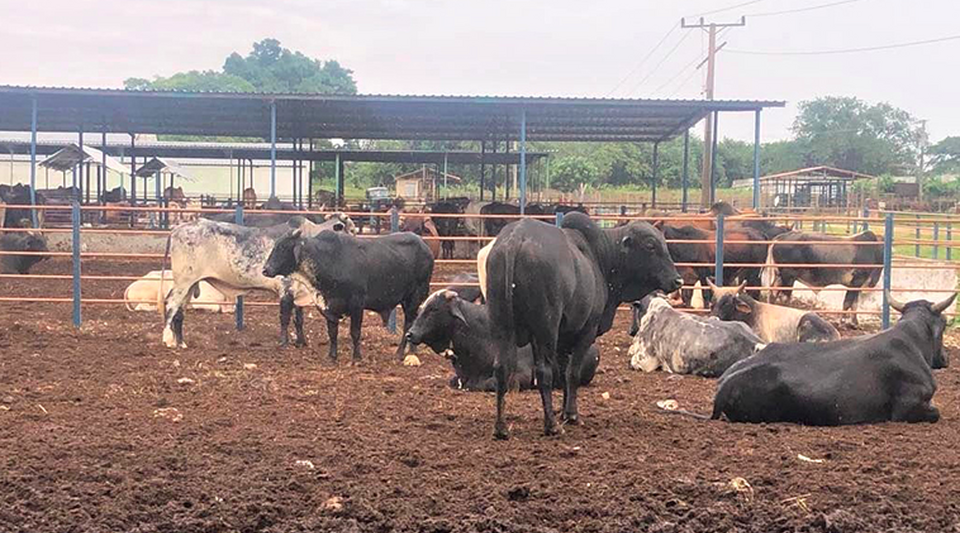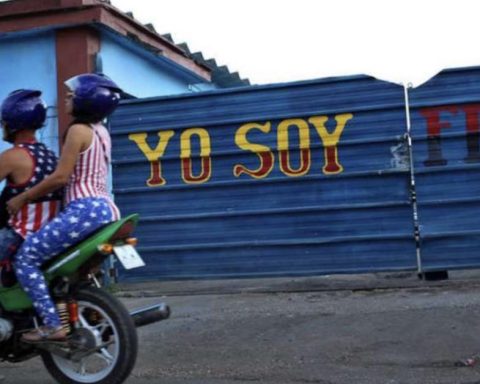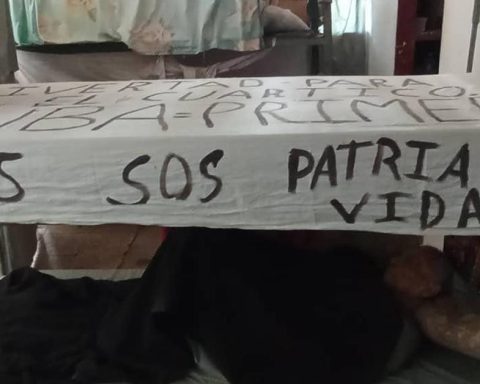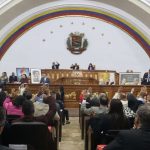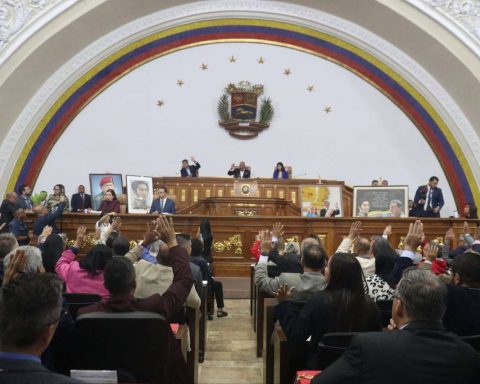The official press from Sancti Spiritus has once again timidly challenged the authorities in an article published this Monday in which it reviews the precarious situation of food for the population due to agricultural and livestock sectors in constant collapse, although it attributes the final responsibility to the producers, that they do have to sell in the informal market, without wondering why they would not prefer to operate legally if it was profitable for all parties.
Escambray He admits that 2022 could not have been worse, although given how this year looks, things could get even more complicated “and not everything is a matter of blockades, blackouts, lack of fuel, pests and resources,” he spits.
In January of this year “more than 400 producers failed to deliver” milk, as soon as the contract for this year was signed
Among all the misfortunes of the food producing industry, two data provided in the text stand out. One, which in the author’s opinion “is rarely discussed: there are areas of Cabaiguán where the daily wage costs the peasant 1,300 pesos.” Another, that in January of this year “more than 400 producers failed to deliver” milk, as soon as the contract for this year was signed.
The editor, José Luis Camellón, who highlights the importance of putting our feet on the ground when planning and producing, sends another message to the authorities: “it seems that we have more than one type of agriculture,” he points out, “that of routes and visits, and the one that reaches the consumer”. According to his data, the handover of land has prospered, handing over 23,400 hectares, many of them to 16,000 new producers.
However, he argues, it will be of no use if it is not placed in the hands of the right people and it seeks to “control and ensure that the land is used for its intended purpose”, a proposal that is far from the claims that agricultural producers are making from a long time ago and that, although they do include the effective and speedy delivery of land, they also include the liberalization of the market and the decentralization of many products that continue to be intervened.
Camellón also looks at livestock and wonders how it is possible that the people of Sancti Spiritus have problems getting meat in the markets or milk in the cellar if the mass has increased by 2,581 heads, being the only province whose bovine herd has grown throughout the Island.
Despite this, he recalls, 18,946 animals have died in 2022, a figure that he considers “inconceivable”. The journalist points out that the causes of cattle death, “malnutrition and accidents”, are most convenient for ranchers and focuses on them, without putting on the table other possible responsibilities for which thousands of Cuban producers prefer to resort to the informal market and expose themselves to a fine or penalty.
“It was thought that raising the purchase price to 20 pesos per liter would favor the state order. It is well known that this has not been the case”
“So, what can we say about that 50% birth rate, or what is the same, that half of the females did not give birth in 12 months? Who ensures that all births are declared?” asks the author, who affirms that there are producers who spend two years without declaring births and, along the same lines, he admits that there are State debts with the producers.
Milk, which in recent months has been one of the headaches for the population of Sancti Spiritus, unaccustomed to consuming it in powder form and even lacking in it, is in the eye of the hurricane. According to the text, and as the official and independent press have been counting for months, no link in the chain is working correctly: production, collection, distribution, refrigeration and even delivery times fail when, finally, there is.
“It was thought that raising the purchase price to 20 pesos per liter would favor the state order. It is well known that this has not been the case, because – congratulations – self-employment and the modalities of sale of derivatives of the milk; to this we add that a liter is quoted on the street for up to 60 pesos,” he explains, once again placing the producer in the pillory, as in later paragraphs, when he points out that there are beans “at almost unpayable prices” throughout the province , while the state contract is breached arguing that the pests were added to the lack of inputs. “Doesn’t the plague affect the grain that goes to private sale?” He underlines.
The reporter insists that the leadership of the Communist Party is not accommodating and calls things by their name, and quotes the leaders who, during a visit, warned that “there is a lack of work and demand.” Self-criticism and solutions are still lacking.
________________________
Collaborate with our work:
The team of 14ymedio He is committed to doing serious journalism that reflects the reality of deep Cuba. Thank you for accompanying us on this long road. We invite you to continue supporting us, but this time becoming a member of our newspaper. Together we can continue transforming journalism in Cuba.
